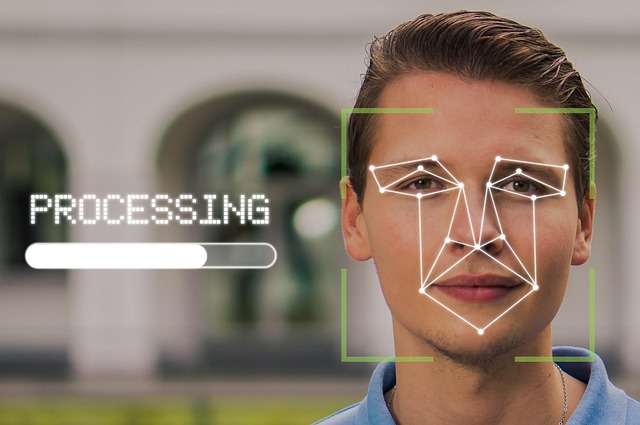In today’s digital age, reaction culture in the online space has become a phenomenon that resonates deeply with our communication practices. As we navigate through the ever-changing landscape of social media and online interactions, understanding the intricacies of technology etiquette and social trends is essential for effective communication.
Reaction culture refers to the way individuals respond to content shared online – be it through comments, likes, shares, or creating their own content in reaction. This culture has evolved significantly, influenced by technological advancements and changing social norms. With the advent of platforms like TikTok, Instagram, and Twitter, the speed and accessibility of reactions have increased exponentially, turning personal opinions into viral sensations.
Technology Etiquette plays a pivotal role in how we engage with this reaction culture. The online space offers a level of anonymity that can embolden individuals to express their feelings more openly, but it also raises the question of accountability. How do we balance our right to express ourselves with the responsibility of maintaining respectful communication? Understanding the unwritten rules of interaction, such as knowing when to react with humor versus empathy, is critical. Missteps in technology etiquette can lead to misunderstandings and, in some cases, public backlash.
Moreover, the social trends that accompany reaction culture shape our daily communication. From meme culture to the rise of influencers, these trends dictate what is considered acceptable or desirable behavior within online communities. In some circles, a witty reply or a well-timed reaction video can earn social capital, while in others, the same approach may be perceived as crass or disrespectful. Staying attuned to these trends allows individuals to engage more meaningfully and authentically, fostering a sense of belonging in the digital realm.
As we delve deeper into the nuances of reaction culture, it becomes evident that our online interactions are not just a reflection of our personal views but also a shared narrative that speaks to larger societal values. Whether we are creators, consumers, or mere spectators, participating in this culture requires a level of awareness that transcends mere clicks and likes. It calls upon us to be thoughtful communicators, balancing personal expression with community sensitivity.
In conclusion, the evolution of reaction culture is a testament to our capabilities and challenges as communicators in an interconnected world. The blend of technology etiquette with social trends continues to shape our online interactions, urging us to engage thoughtfully as we express our reactions in this vibrant digital landscape.




